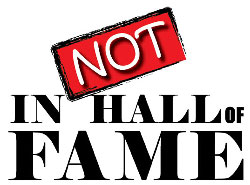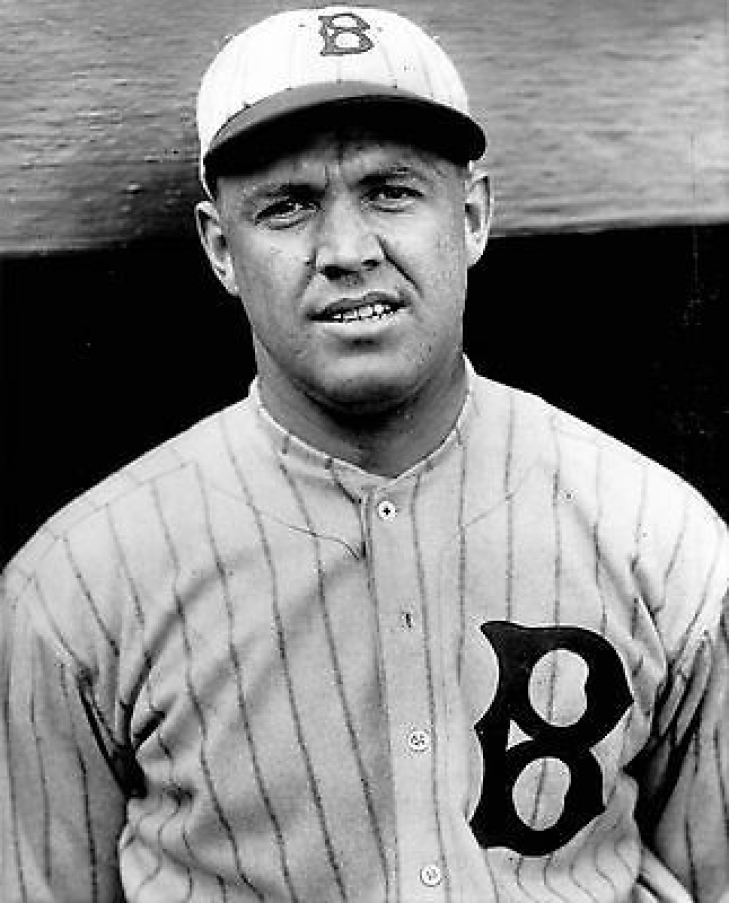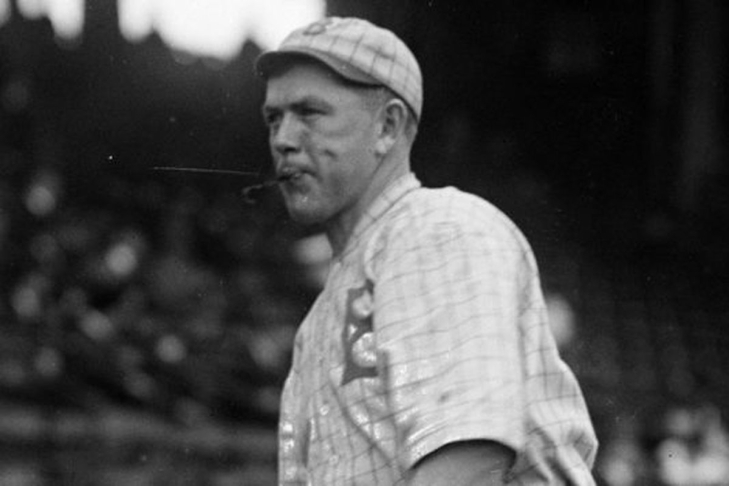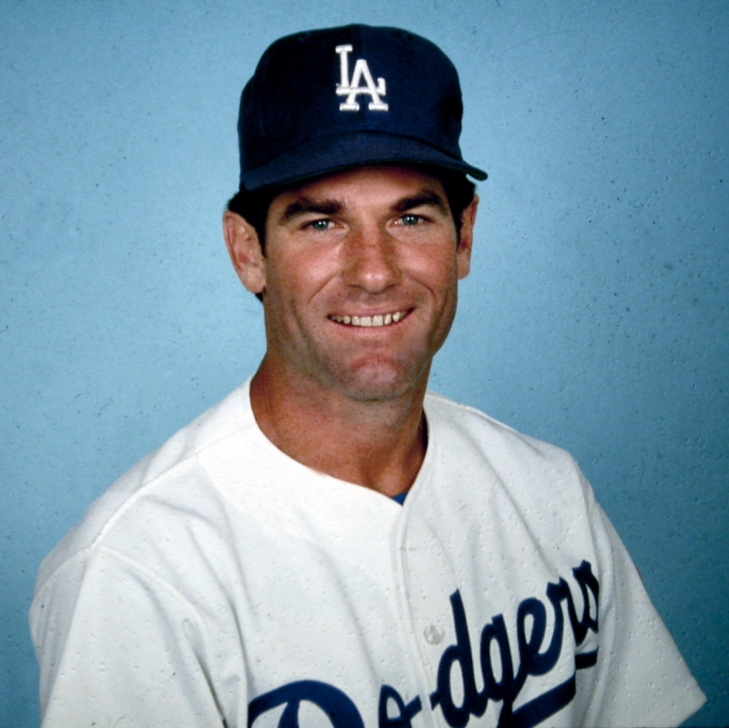
Committee Chairman
22. Burleigh Grimes
Burleigh Grimes had a lot of great moments outside of Brooklyn, but the meat of his career took place with the team then named the Robins.
From Wisconsin, Grimes began his Major League career with Pittsburgh, where he noticeably lost 13 consecutive Games, so the Pirates fan base did not shed any tears when he was traded to Brooklyn after the 1917 Season. Grimes made an immediate impact with the Robins, going 19-9 with a 2.13 ERA in his debut season, and once the spitball was outlawed in 1920, he was grandfathered in and allowed to use it throughout the rest of his career.
An aggressive player on the mound, Grimes led the NL in Wins in 1921 (22) and was an innings-eater with four 300-plus Inning years. Grimes had a sub-standard year in 1925 (12-19, 5.04 ERA) and was marginally better in 1926. The Robins traded Grimes to the New York Giants, where he got back on track, but his Brooklyn record of 158-121 and a 3.46 ERA is good enough to place him on the top half of a baseball list, even as storied as the Dodgers. His rank is also propelled by his solid hitting, as he batted .251 with 227 Hits for the team.
Grimes was chosen by the Veterans Committee in 1964 to enter the Baseball Hall of Fame.
16. Nap Rucker
Nap Rucker played an even ten seasons with Brooklyn (1907-16), back when the franchise had intriguing team names like the Superbas and the Robins.
Rucker only had a career record of .500 (134-134), but it was not until 1915 that he played on a winning team. In his first seven seasons, Rucker's ERA was below 3.00, and he was always in the top ten in bWAR for Pitchers in those seasons. Rucker was at the top of that leaderboard in 1911 and 1912.
Considered to be one of the fastest pitchers of his day, Rucker was again in the top ten in Strikeouts in those first seven seasons, and while he was prone to fits of wildness, he still managed to place in the top ten in WHIP four times.
Rucker's last three seasons were mostly ineffective from arm fatigue, and he was out of the Majors by age 31. As good as Rucker was, it could be argued that it was wasted for bad Brooklyn teams, but he gave fans a great reason to come out to the park.
11. Willie Davis
Willie Davis played most of his career with the Los Angeles Dodgers, where he did an excellent job at the top of the order and defensively in Centerfield.
Davis first made the Dodgers roster in 1960, eventually replacing the legendary Duke Snider in Centerfield. He was one of the fastest baseball players, a skill he used to chase down balls in the outfield and befuddle opponents on the base paths. Early in his career, Davis helped the Dodgers win two World Series Championships (1963 & 1965), and in the early 70s, he won three Gold Gloves. He was also a two-time leader in Triples and went to two All-Star Games for L.A...
Davis had 11 20-plus Stolen Base years for Los Angeles, with a total of 335 for the team, while also blasting 154 Home Runs. The Dodgers traded Davis for Mike Marshall after the 1973 Season, and as the Dodgers charged into the rest of the decade, the contributions of Davis to Los Angeles were sadly forgotten.
In a strange turn of events, when Davis was Hall of Fame eligible in 1985, he was not even included on the ballot, making him the biggest ballot omission in all of baseball.
12. Steve Garvey
One of the most popular and recognizable players of the 1970s, Steve Garvey, first played in the Majors in 1969, but it was not until 1973 that he became Los Angeles's regular First Baseman. After that year, he was the anchor of one of the top infielders in Baseball and, for many, the face of the franchise.
Garvey had his breakout and best season in 1974. Garvey won his only MVP that year and began a streak of eight All-Star Games and four Gold Gloves. Establishing himself as one of the top contact hitters, Garvey batted at least .300 seven times and was a two-time NL leader in Hits (1978 & 1980).
Garvey did not get enough credit for his power. He had five 20-plus Home Runs years, with one season exceeding 30. Belting 211 Home Runs with Los Angeles, Garvey would also drive in 992 batters. The Dodgers appeared in the 1977 and 1978 World Series, losing efforts to the Yankees, but Garvey was a crucial part of their success, with Garvey winning the 1978 NLCS MVP with a second-place finish in MVP voting.
Garvey would return to the World Series in 1981, this time with the Dodgers winning it all and giving him his first and only Title. The end for Garvey in Los Angeles
With the Dodgers, Garvey batted .301 with 1,968 Hits. In 2019, Garvey was among four former players honored with plaques as Legends of Dodgers Baseball.





